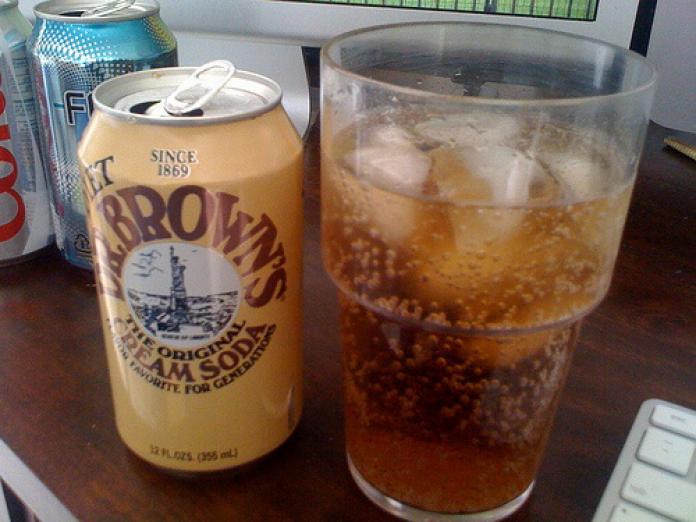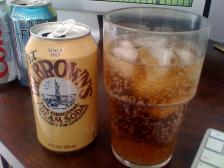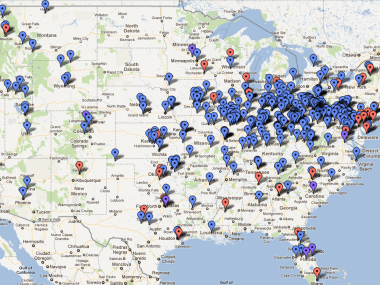Regionalisms
Today’s topic is “What’s with those people who talk weird?”
Grammar Girl here.
Today’s topic is “What’s with those people who talk weird?” or regionalisms.
Again, there’s nothing wrong with you-all or y’all, but it’s a regionalism that will peg you as being from the southern United States if you use it because today, in standard English the word you is both the singular and plural second-person nominative pronoun—that just means you use it when you’re talking to one person or a group of people. But a long time ago English actually had different singular and plural second-person pronouns. Thou was singular and ye was plural (7).
Today
| Country | ||
|---|---|---|
| Subject | Object | |
| Singular | you | you |
| Plural | you* | you |
Regionalisms: y’all, youse, you guys, yu’uns, ye, yins, you lot
14th Century
| Country | ||
|---|---|---|
| Subject | Object | |
| Singular | thou | thee |
| Plural | ye | you |
According to the Merriam Webster Dictionary of English Usage, at some point in the 14th Century, the plural form—you—started being used to address one person as a way to show respect. They point out that once the word you started being used that way, the use was likely to spread because it’s always safer to show respect than not to (8).
To me, it’s shocking that our language could have lost such a useful tool as differentiation between an individual or a group. Would you like to go to dinner? can mean either Would you (Squiggly) like to go to dinner? Or Would you (the group made up of Squiggly, Aardvark, and Sir Fragalot) like to go to dinner?
And the need to differentiate between those two meanings is probably the reason that regionalisms such as y’all came about. Other substitutes include youse, you guys, yins, yu’uns, and you lot.
Personally, I love the word y’all. Ever since I worked as a restaurant hostess in college and had to continually address groups of people (e.g., “Would you-all like to sit indoors or outdoors?”), I wondered why the English language didn’t have a formal word that I could use to inclusively address a group (such as ihr in German). You guys was the only other version I had heard at the time, and it sounded too informal to use at work. You-all sounds much more polite. And now I am reflecting on the fact that the language lost ye because of people trying to be polite, and I use y’all—a word considered non-standard—also in an attempt to be polite.
And, here’s an aside about y’all. Most sources agree that y’all should only be used to address groups (8, 9), and Southerners say that Northerners give themselves away as Yankees when they use y’all to address one person (8). In addition, I’m not absolutely certain about this, but I’ve found a few less formal references that say y’all is the plural for small groups, and all y’all is a Southernism for addressing larger groups (10, 11). For example when calling a school assembly to order, a principal might say, “All y’all settle down now.” Please post a comment at the end of this transcript if you can confirm that this is true.
Finally, it seems to me that nearly everything about language variation is a generalization. If you look closely at the dialect maps I’ve linked to from this page, you’ll see that there are almost always outliers—for example, although New York is the epicenter of people who wait on line at the store, there is a smattering of people in many other states who also say on line instead of in line. After my last show about on accident versus by accident, a listener from NY wrote in to dispute that the difference is an age-related phenomenon. Despite the fact that the researcher I referenced found a striking correlation between age and word choice—with on accident being almost exclusively limited to people under age 35—the listener noted that his 75-year-old parents have always said on accident, and that in his experience, on accident is a New York regionalism.
References
- Algeo, J. “Where did English Come From?” The Five Minute Linguist. 2004,
https://www.cofc.edu/linguist/archives/2005/02/ (accessed June 24, 2007). - Wikipedia contributors, “Printing press,” Wikipedia, The Free Encyclopedia, en.wikipedia.org/w/index.php?title=Printing_press&oldid=140587583 (accessed June 27, 2007).
- “How Did Things Get This Ridiculous?” Simplified Spelling Society, 2006, www.spellingsociety.org/kids/print.htm (accessed June 27, 2007).
- “Spanglish: A New American Language” NPR, Moring Edition, September 23, 2003 www.npr.org/templates/story/story.php?storyId=1438900 (accessed June 28, 2007).
- Lieberman, M. “Language Change and Historical Reconstruction.” Linguistics 101, University of Pennsylvania, Fall 2001, www.ling.upenn.edu/courses/Fall_2001/ling001/language_change.html (accessed June 24, 2007).
- McArthur, T. The Oxford Companion to the English Language. Oxford: Oxford University Press. 2004, p. 857.
- “you-all.” The American Heritage Dictionary of the English Language: Fourth Edition.2000 www.bartleby.com/61/66/Y0026600.html (accessed June 24, 2007).
- Merriam-Webster’s Dictionary of English Usage, Springfield: Merriam-Webster. 1994, p. 970.
- Garner, B. A. Garner’s Modern American Usage, Oxford: Oxford University Press. 2003, p. 847.
- Wikipedia contributors, “Y’all,” Wikipedia, The Free Encyclopedia, en.wikipedia.org/w/index.php?title=Y%27all&oldid=140854117 (accessed June 28, 2007).
- The Word “Y’all.” h2g2 Web Site, June 20, 2001, www.bbc.co.uk/dna/h2g2/A573978 (accessed June 22, 2007).
What you find in cream soda varies from place to place image, Dave Winer at Flickr. CC BY SA-2.0.
Diversions
- “Like it or not” A newspaper article about a study of teens using “like” in Australia:
- Appeal to the Grammarians (A poem by Paul Violi)







